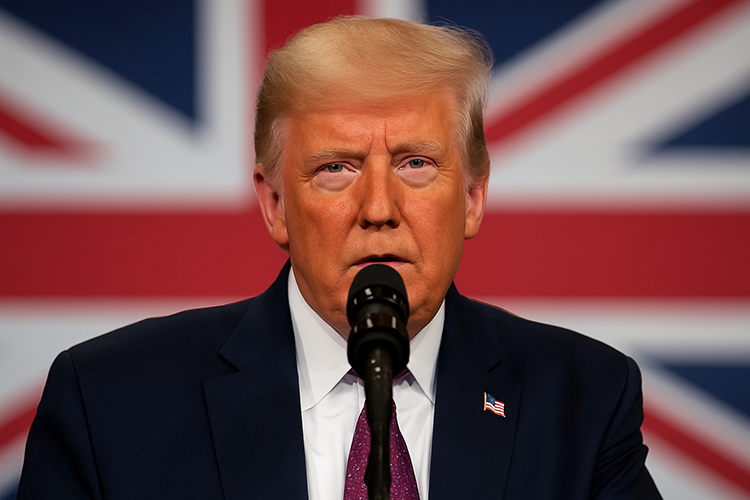Trump’s UK Visit in review: Investment Pledges, Energy Tensions and Protests Shape a Divisive Week
Donald Trump’s state visit to the UK delivered headline investment pledges but also exposed deep political divisions at home and abroad.
The UK government announced a £150 billion package of U.S. investment, with projects in data centres, life sciences and advanced manufacturing that could support more than 7,000 jobs. Prime Minister Keir Starmer welcomed the figure as proof of Britain’s global appeal, though analysts noted that such packages often include previously planned capital, raising questions over how much is genuinely new.
Energy policy dominated much of the political debate. At Chequers, Trump urged Starmer to abandon Labour’s ban on new North Sea oil and gas licences, calling wind power “a very expensive joke” and urging Britain to “drill.” Starmer pushed back, insisting his government would honour its pledge of no new exploration while pressing ahead with renewables and nuclear power. The clash echoed across Westminster: Conservatives endorsed Trump’s line while the SNP and Greens condemned it, warning of backsliding on climate commitments. Think tanks including the Grantham Institute stressed that more drilling would have little effect on bills but would undermine net-zero targets.
The visit was also marked by Trump’s striking comments on Russia. He told reporters that Vladimir Putin had “really let me down” over Ukraine, admitting he once thought the war would be “one of the easiest to solve.” European diplomats welcomed the tougher tone but warned that Trump’s suggestion of using oil prices as leverage risks oversimplifying Russia’s strategy. NATO analysts said any peace framework must safeguard Ukrainian sovereignty, a point Kyiv has consistently reinforced.
Public reaction reflected the tensions. Thousands protested across London and other cities, criticising Trump’s record and Starmer’s decision to grant him state honours. Polling shows Trump remains deeply unpopular in Britain, adding domestic pressure to Starmer’s balancing act between securing inward investment and maintaining political credibility.
The visit reinforced the symbolism of the “special relationship” but also highlighted its risks. The investment pledges offer economic promise, yet trade gaps remain without a full UK–U.S. deal. Trump’s energy intervention piles pressure on Starmer’s climate stance, and his rebuke of Putin injects uncertainty into Europe’s most pressing security crisis. Whether the trip is remembered for billions delivered or political costs incurred will depend on what survives beyond the pageantry.
In the short term, the government will use the £150 billion pledge to bolster confidence in the UK economy, particularly in technology and infrastructure sectors. Yet scrutiny will intensify over how much of that sum materialises as new capital and jobs. Energy markets are unlikely to shift on Trump’s rhetoric, but the political debate on North Sea oil could sharpen, with industry lobby groups pushing harder against Labour’s licensing ban. Diplomatically, Trump’s comments on Putin will be parsed in Brussels, Kyiv and Washington, with NATO allies watching for any signs of U.S. repositioning. For Starmer, the challenge will be to convert the symbolism into concrete gains while resisting pressure that could weaken his climate credentials or alienate European partners.
Source: comp.









